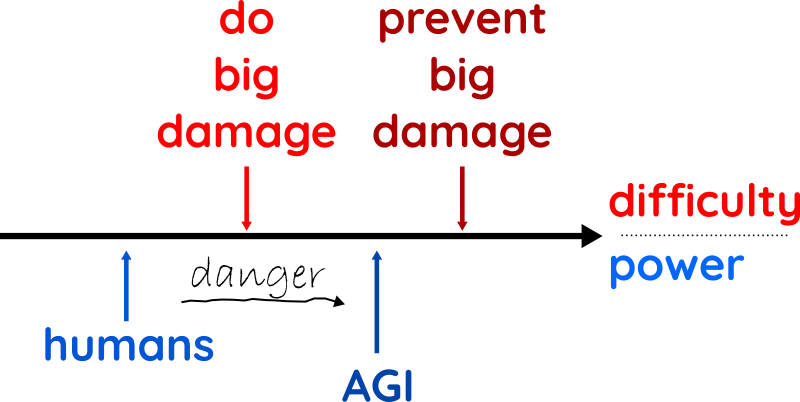This is a linkpost for an article I've written for my blog. Readers of LessWrong may want to skip the intro about Bayesian Reasoning, but might find the application to the Peter Miller vs Rootclaim debate quite interesting.
I’ve been a fan of Bayesian Reasoning since the time I’ve read Harry Potter and the Methods of Rationality. In a nutshell, Bayesian Reasoning is a way to believe true things. It is a method to update one’s beliefs given some evidence, so that one ends up with more credence on beliefs that match the evidence.
While Bayesian Reasoning (Wikipedia) is not the only method to find true conclusions, it’s the method with the best mathematical... (read 1141 more words →)
